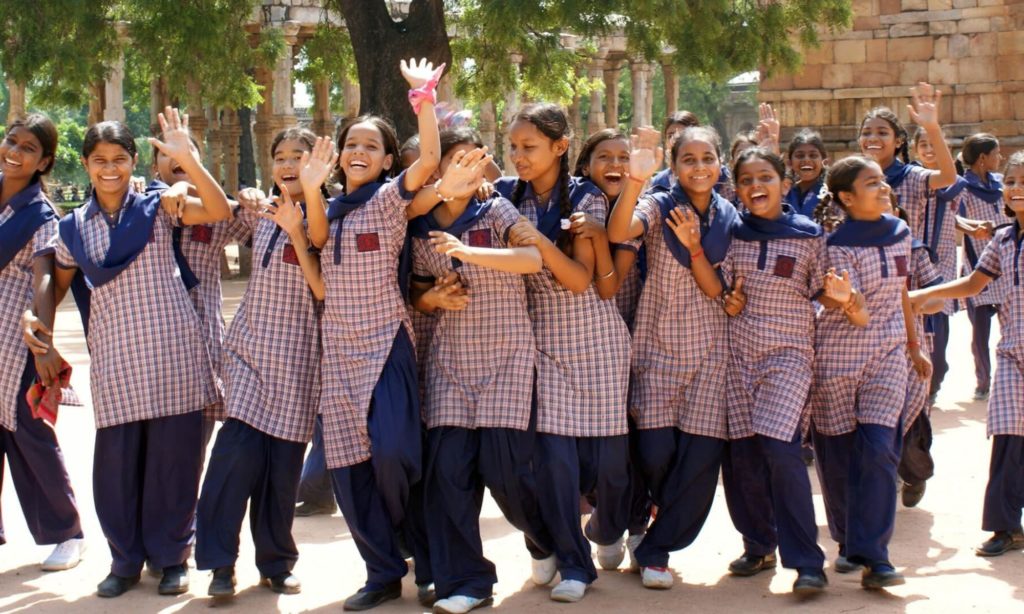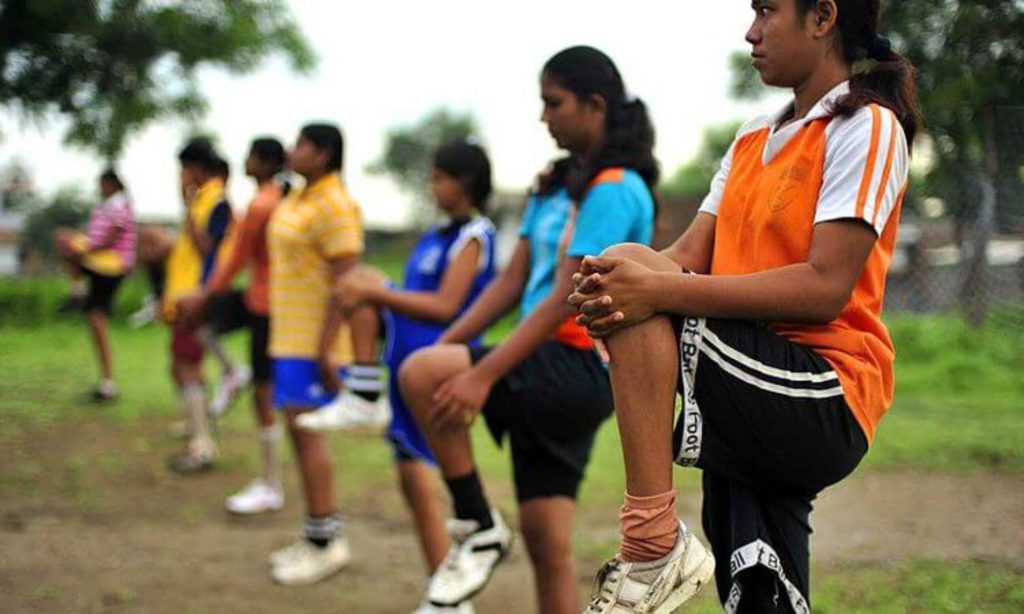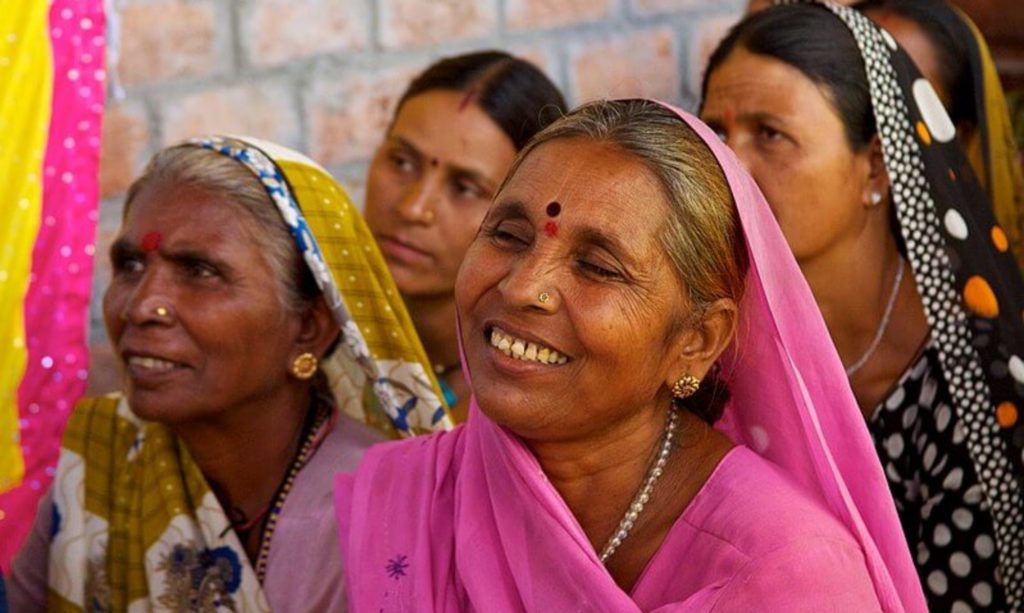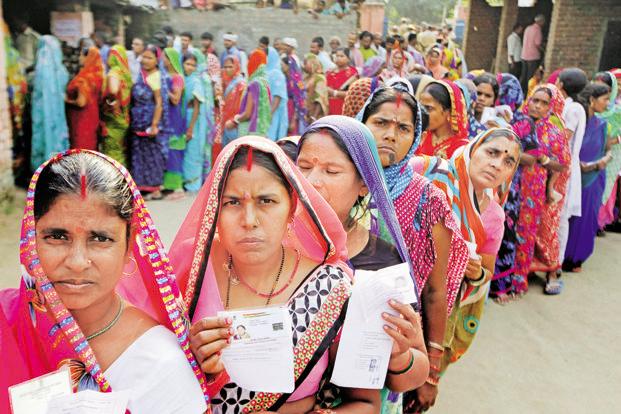Why Seattle’s new law on caste bias is needed
He leadership of a new generation of Dalit women–articulate, clear about strategy, and utterly fearless despite death threats and opposition from groups including the Vishwa Hindu Parishad and the Hindu American Foundation When Indians migrate, they can carry the prejudice of caste with them. The first comprehensive UN report on caste-based discrimination found at least 250 million people worldwide face dehumanizing discrimination, with women and girls vulnerable to sexual violence. (Shutterstock) It’s hard to say when this story begins. Perhaps it’s 2015 when Dalit activist and author, The Trauma of Caste Thenmozhi Soundararajan co-founded Equality Labs with the goal of…
What does the abuse of a 17-year-old domestic worker have to do with child trafficking? Plenty, it turns out
Source: medium.com I’ll spare you the graphic details of the abuse and torture of a minor girl by a couple in Gurugram, Manish Khattar and Kamaljeet Kaur. The 17-year-old daughter of Gond tribals had been brought from Simdega, Jharkhand by a placement agency and for the past five months had been caring for the couple’s three-and-a-half year old daughter. When she was rescued on February 7, she had visible injuries on her body. The rescue began as a tip off to the NGO, Sakhi when a visitor to New Colony in old Gurugram saw the injured girl eating out of a community dustbin.…
Why turning 60 is special in many ways
when old age still seems a long way off. It’s not like turning 70, where the clock ticking to where we’re all headed must only get louder. It’s that muddled place of no longer middle age, but not quite old age Turning 60 is not like turning 50At 60, you know you’ve lived longer than the years left in the tank. So much still to do in the time when you can do it. That road trip. Dance classes. A marathon — well, maybe, an easy hike. Sinking the patriarchy. (Shutterstock) The year I was born, Valentina Tereshkova became the…
When libraries become a safe place for children
Karnataka had a head-start as one of the earliest states, along with Tamil Nadu and Kerala, to have public libraries act. In 2019, it decentralized 5,623 rural libraries and handed them over to the panchayats Across the state, 2.8 million kids now have library cards. Senior citizens, self-help groups, and accredited social health activists are all welcome (Namita Bhandare) The daughter of an autorickshaw driver and a mother who works in the Channapatna toy industry, Sushmita, 20, is dreaming big. The BCom student says she plans to take the competitive exams to “get to a position where I can help people”.
Time to reimagine the Uniform Civil Code?
Source: PTI That hardy perennial, the Uniform Civil Code (UCC), popping up with regularity ever since it was written as a desirable goal in the Constitution 74 years ago, has in the past few months been gaining traction. A private member’s bill to implement it nationwide was listed for introduction in the Lok Sabha during the Budget session and comes just weeks after a similar one was introduced in the Rajya Sabha. In January, the Supreme Court clarified that state governments indeed had the power to examine its feasibility. Going back to July last year, a five-member committee headed by retired Supreme Court judge Ranjana…
Child marriage is India’s enduring shame. Positive interventions rather than arrests can stop it
On the first day of Assam chief minister Himanta Biswa Sarma’s “complete war” on child marriages, 1,800 people were arrested under provisions of the Prohibition of the Child Marriage act that puts the minimum age of marriage at 18 for women and 21 for men. Those arrested included 52 qazis or priests and many arrests are reported to have been made in Muslim and Adivasi-dominated districts. Sarma has insisted that his campaign is not directed at any one community. India’s enduring shame In absolute numbers, India is home to the largest number of child brides in the world with 1.5 million girls under 18 married every…
When I quit my full-time job, my then boss wanted to know why. I loved my job, I told her. It gave me a sense of identity and pride. But it also left me with feeling terribly guilty. My girls were growing up, fast. Most days when I got home, I was just too wiped out for anything more than cursory conversations about brushing their teeth and finishing their homework. Tik tok, tik tok at the back of my head: I will never get back this time with them again. Resigning was privilege talking. My salary made a very satisfying thuck when…
Is the Constitution a feminist document?
Image source: Google Almost 100 years ago, Sarojini Naidu, one of the 15 women members of the Indian Constituent Assembly and a leading figure of the freedom struggle, asserted she was not a feminist. According to her, to be a feminist is to acknowledge that one is repressed. Hers was a particularly formal and somewhat limited view of equality. More recently, speaking at the LM Singhvi memorial lecture, Chief Justice Dhananjay Chandrachud called the Constitution a feminist document. Given these two divergent views, one of a sitting Supreme Court judge, and another of a woman constitution-maker, does it matter whether…
A mother’s courageous fight against the system
Trial by Fire quietly unpeels the dignity and grit of families who should never have had to be so brave but were In 2010, Neelam met with the law commission asking for a separate law for man-made disasters that enhanced jail time from the current two years. A report was prepared in 2012. Then, nothing even as other disasters raged: Kumbakonam school, Victoria Park, AMRI hospital, Sum hospital. (HT PHOTO) A mother’s simple question — how her children died — becomes a 26-year-long search for justice. It was clear to Neelam Krishnamoorthy soon after the June 1997 Uphaar Cinema fire…
How unrealistic ideals of body image are harming young women’s health
Alia Bhatt, Kate Winslet and 12-year-old me facing utter mortification when the pimply boy in my class commented on my “muscular” legs—a stray remark that meant that for years I just couldn’t bring myself to wear dresses and shorts. I was lucky because unlike so many women today, particularly women in the public eye, there was no social media to amplify gratuitous comments on your body. Unlike teenage girls bombarded with air-brushed and photoshopped images of “influencers” that set impossible goals on how they should look, how much they should weigh, what colour their skin ought to be, how big…
What explains the shockingly bad behaviour of some Indian male passengers?
While details of the assault by a male passenger who urinated on a 70-year-old woman on a New York-Delhi Air India flight are still emerging, there’s news of another incident, also concerning a male passenger, a woman and urine. The first incident took place on November 26, but came to light only recently. The second also took place on an Air India flight, this one from Paris-Delhi on December 6 a drunk male passenger peed on the blanket of a woman passenger who had left her seat to use the washroom. Although, the man apologized to the woman, the pilot of the Paris-Delhi flight…
Not protection, women need autonomy, equality
A decade after a brutal gang rape in Delhi led to our toughest laws, the National Crime Records Bureau continues to report an upward trend in crimes against women. The problem is not a lack of laws but sheer callousness when it comes to the lives of women. (Amal KS/Hindustan Times) Barely into the new year and the news for women is already grim. On December 31, one of the most patrolled nights of the year, four men in a car hit a woman on a scooter, don’t bother to stop, and instead drag her for several kilometers. She dies…




